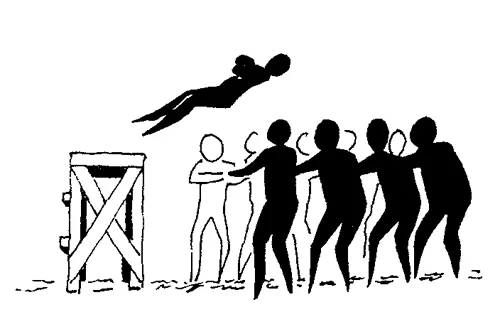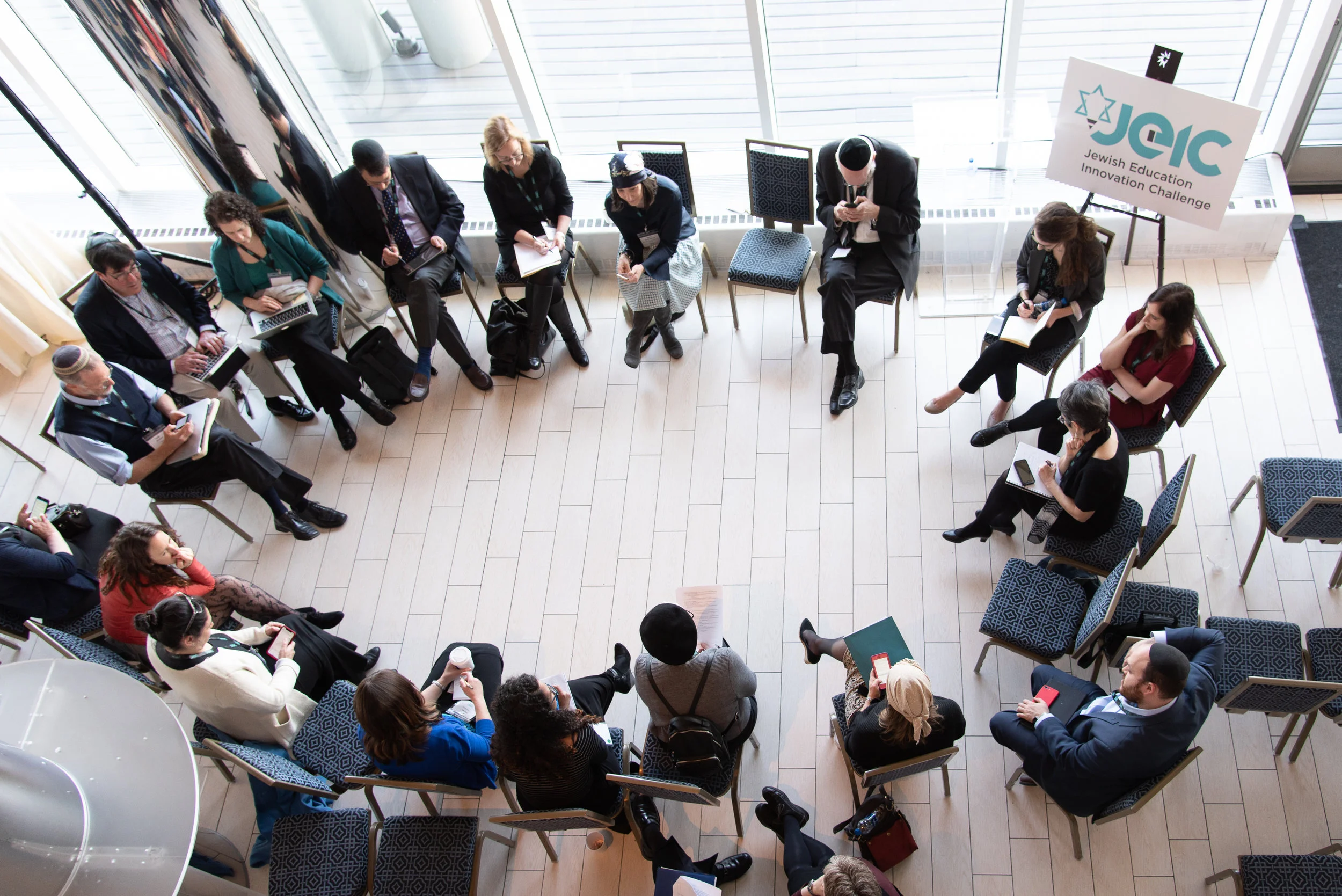There is a frenetic pace that has taken over Jewish education, and education in general. Maybe this is a result of the flood of offerings on social media promoting how to be a #betterschool or the latest technology you must have to be #cuttingedge. Perhaps it comes from a feeling that in order to retain and attract students schools can’t stop moving, training, improving, innovating. This is overwhelming educators and is having a ripple effect into all aspects of Jewish Day Schools. We are losing talented teachers and school leaders who want to keep up, but the speed at which things move may be too fast for even the most dedicated educators.
Let me be clear, I am not saying that training or improving or innovating are bad. In fact, they are a must if we want our children to excel and be engaged citizens who see the world through a Jewish lens. Our students need exposure to a variety of disciplines and skills, and they need to master them. However, what I have felt, seen and heard is a growing grumbling from teachers and leaders alike who are grabbing at the next best thing that is just out of reach. Whether it’s a 3-D printer, a new STEM lab, the latest coding software, SEL curriculum, personalized learning – schools can’t stop figuring out what they are missing. But, perhaps, they are missing the point of day school education in the first place.





















